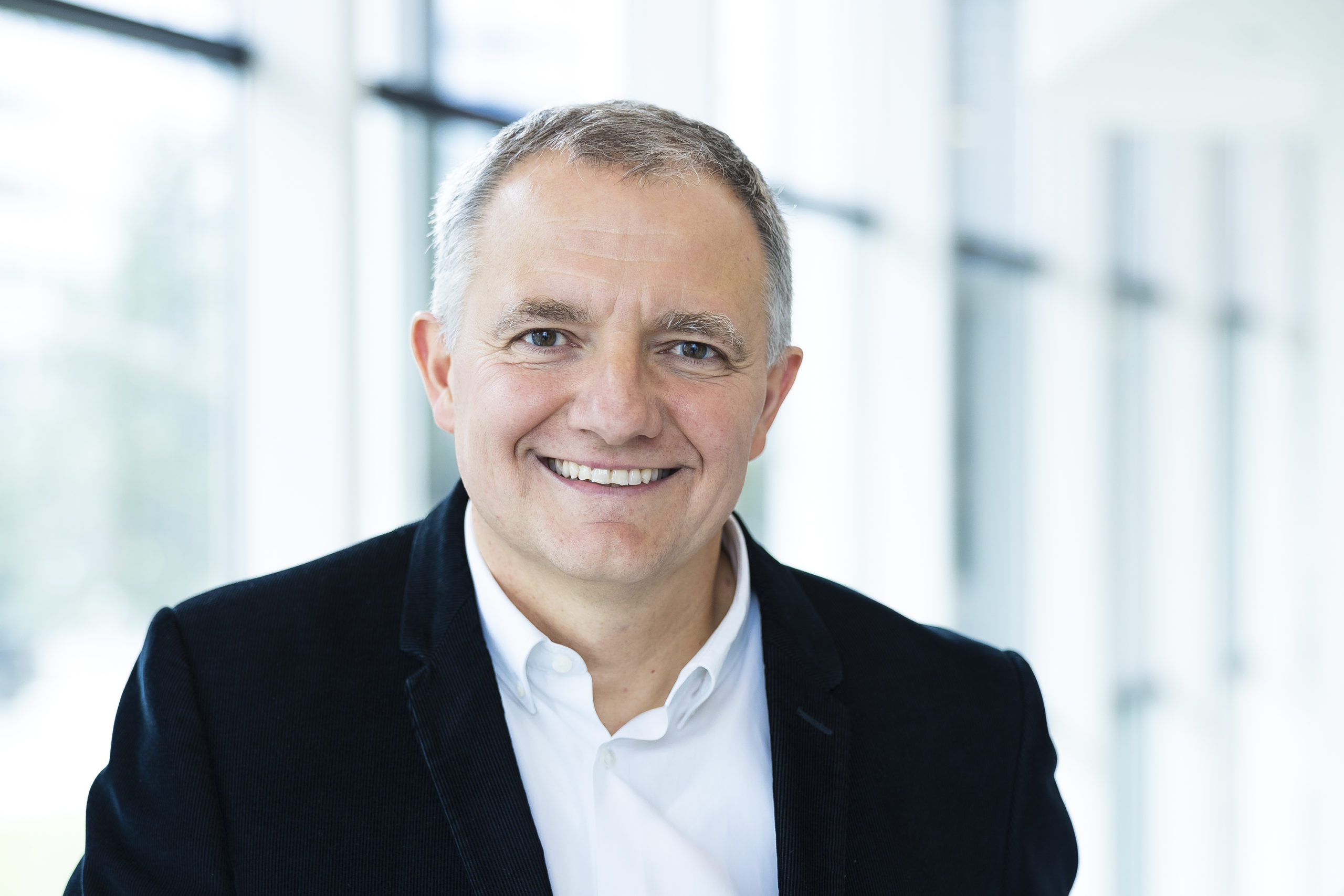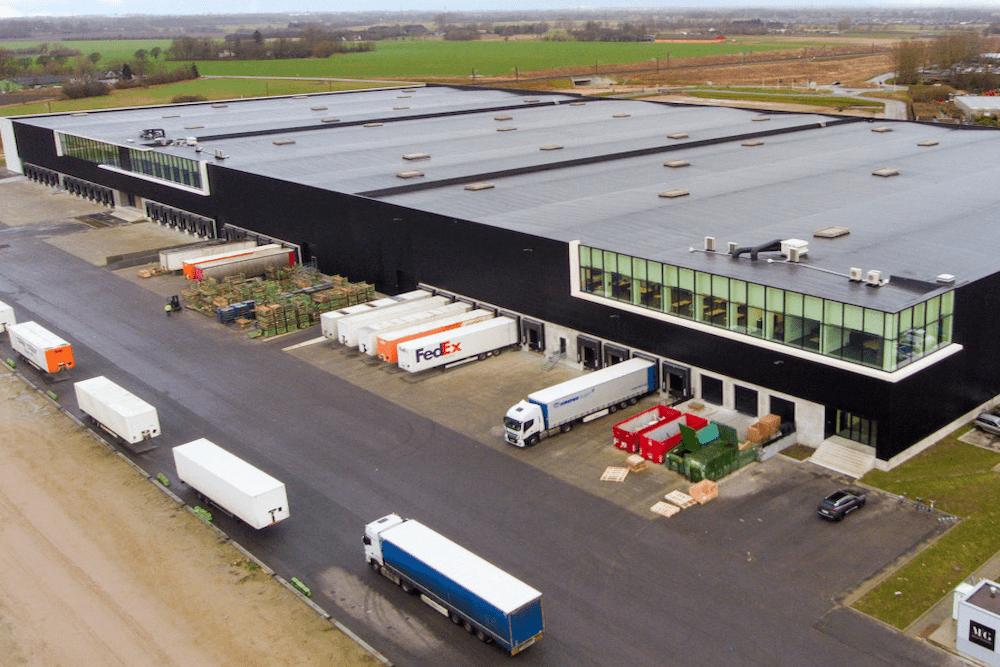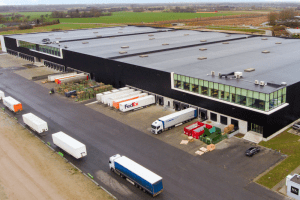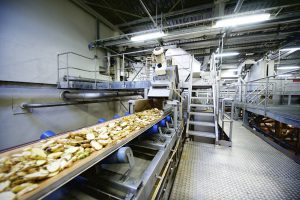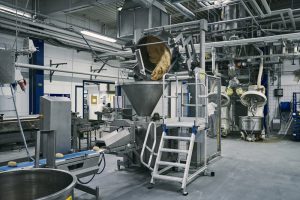You quickly realize that Roberto Canevari feels very privileged and exceptionally happy to be working in supply chain, especially for the global luxury brand, Burberry. t he Italian joined the British fashion house six years ago to bring its global supply chain up to the next level during a fast moving period of innovation, growth and digitalisation. His enthusiasm reflects the Burberry culture that is based on strong social values and a special British heritage that empowers the brand to drive forward. “We truly believe in the power of our heritage to positively influence our future and to lead by example,” he says.
Burberry has pushed the boundaries on innovation and design since Thomas Burberry invented gabardine in 1879. This waterproof, breathable material formed the basis for the iconic trench coat that was first worn by military officers serving at the beginning of 20th century. Like the trench coat the brand has evolved yet still maintains its distinctive British identity. During the last decade Burberry took on massive momentum as it transformed into a modern luxury retailer of apparel, accessories and beauty products with some 10,000 employees and over 400 retail locations worldwide. The company recently responded to a couple of years of sluggish growth by announcing ambitious goals for 2022. These aim to re-energise products, communication and customer experience across Burberry’s entire footprint and at the same time drive new approaches to some of the most pressing problems faced by the industry. Roberto Canevari’s job is to ensure continued focus on transparency and traceability throughout the supply chain. He also has to ensure that distribution, including true omnichannel services and personalised experiences, are consistent with brand positioning.
How did you arrive in your current position?
“I studied industrial engineering in Milan before joining Nestlé in general operations as part of young talent program. That led to me joining the Nestlé productivity team to work on factory improvements. This partly involved an internal audit of end- to-end factory operations which gave me experience and the opportunity to meet the head of supply chain for the Italian business. He invited me onto his team and I fell in love with supply profile (excerpt) chain. I moved around different industries covering almost every area of end-to-end supply chain. I then moved to Reckitt Benckiser to take on the Supply Operations. I was then asked to move into a commercial role, while also implementing two IT projects. Looking back, this was a facilitating factor because managing customers makes you understand the requirements of your colleagues. I learned the language and I now understand their problems which we in supply chain can help to solve. It gave me more knowledge and perhaps a bit more credibility. After that I returned to Nestlé Water, first in Milan and then in Paris to run the global supply chain. I loved it and was not planning to leave but after around four years I got a call from Carrefour. I was attracted to the retail supply chain, the next part of the chain after manufacturing. Although I was torn to leave Nestle I realised that few people get the opportunity to do both so I accepted the job. It was a big surprise when a couple of years later I got a call from Angela Ahrendts the then CEO of Burberry. She wanted someone with manufacturing and retail experience and someone who was a good leader. That was how I ended up in the luxury fashion industry.”
In previous jobs you were managing commodities. Is the supply chain approach to luxury products any different?
“Supply chain is so critical to the business that if you don’t understand the business you cannot be a good supply chain person, even if you are good technically. The business directs the route to market, the rate of development, procurement, agility, etc, etc. These are all levers that, if you have experience, you can move around. So the first thing I needed to do was understand the Burberry business. Then the basic rules of supply chain still apply. What are the priorities? At Reckitt Benckiser it is the rate of innovation; at Nestlé Water it’s the efficiency of distribution. In another industry it could be regulatory compliance and if you don’t recognise that it could be a disaster for the company. It’s not difficult to move between industries if you recognise the business needs. Throughout my career I have experienced many different priori – ties and so I know, for example, where I need to have an expert in the team.”
Do you have specific board room topics that apply to Burberry at the moment?
“Talent is particularly important because whatever the technology or process we have in place, the difference in supply chain is made by the people. Supply chain is cross functional and interactive so you need people who are able to influence and include others; if you are not able to work in a true team or an extended virtual team there is no way you can develop in supply chain. If I can use an analogy with sport, we have to train for all sports because I don’t know what I’ll be required to do tomorrow: I have to be prepared for all. For us agility means not only speed but also the skills to play in different places. We try more and more to move people around in supply chain but there is still an opportunity to do more. On the other hand the diversity – of gender, culture, experience, psychological profile etc – in this company is phenomenal.”
Is it hard to get and retain talent?
“People are eager to join because we are a luxury fashion company and the culture is good but there are many other equally attractive companies. Therefore, attracting – but also retaining talent – is an important topic. We certainly aim to retain talent and it’s part of our culture to give people opportunities. I find giving people responsibility is one of the most important factors for engagement and people are inspired when they see that the company is doing the right thing. One of problems for professionals and young people looking at supply chain is how it is defined. In means ten different things to ten different people. We should make it clear that supply chain is core to the business, whatever the industry, and is a great place to work with fantastic learning opportunities and a platform to develop a career.”
